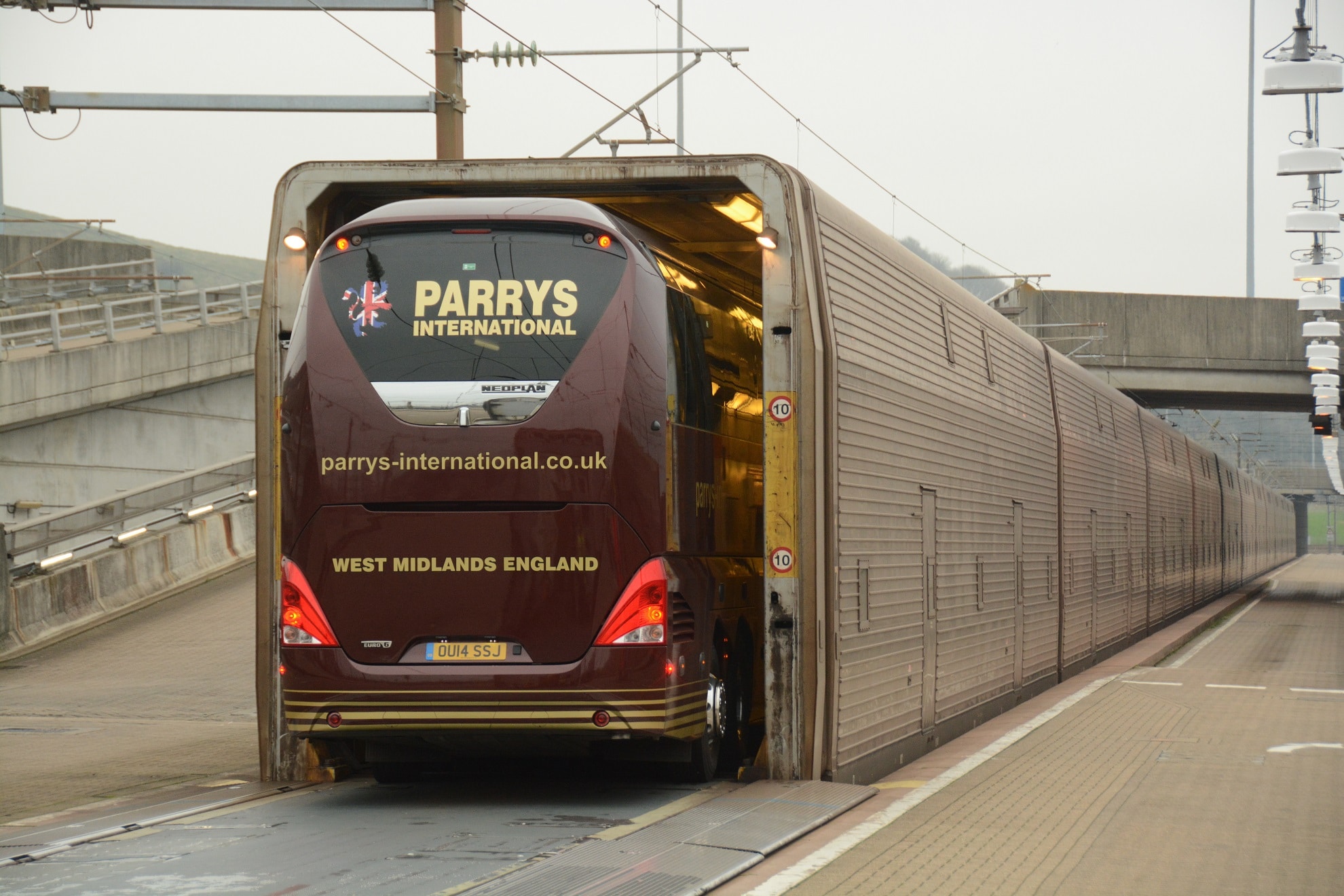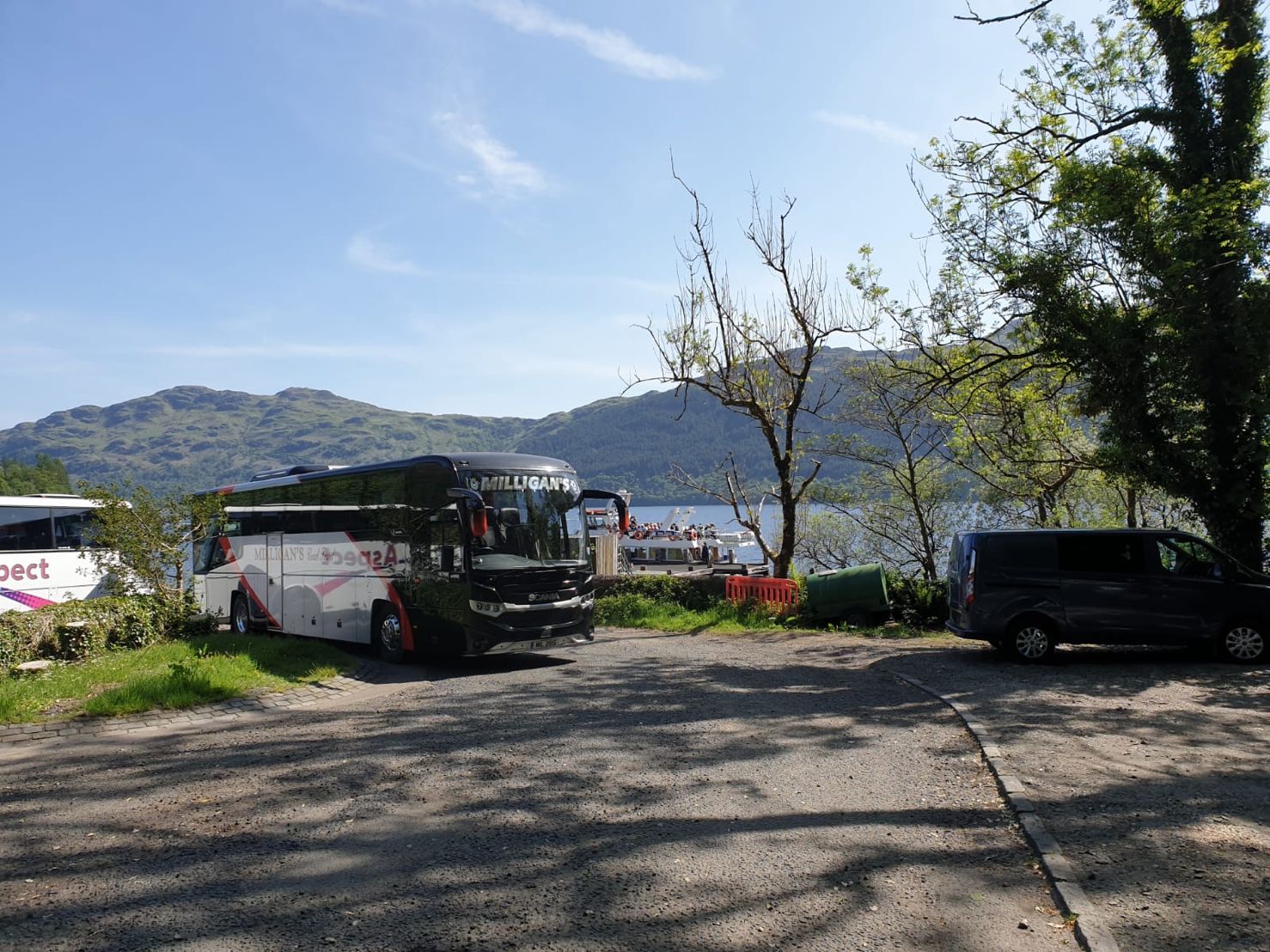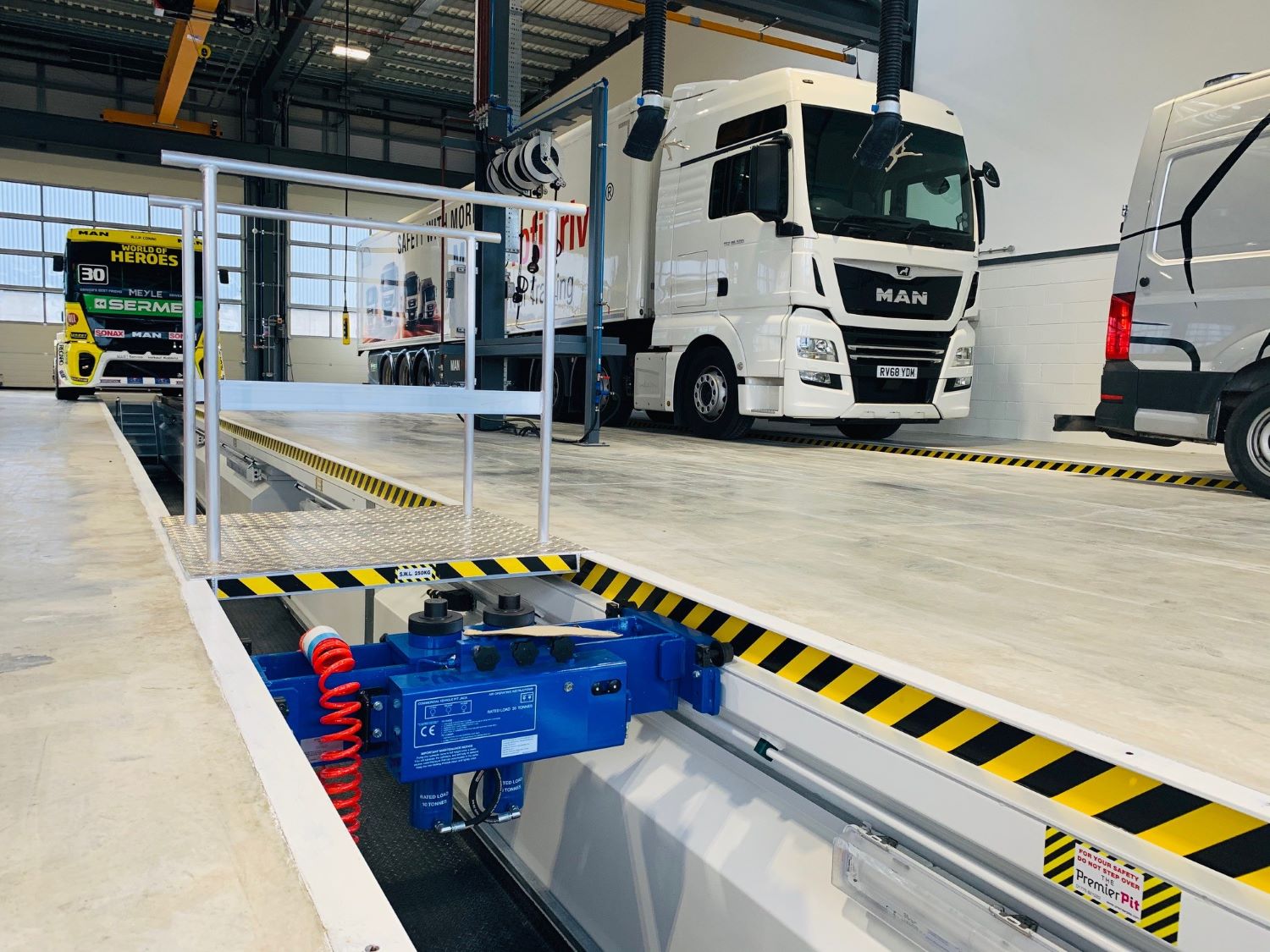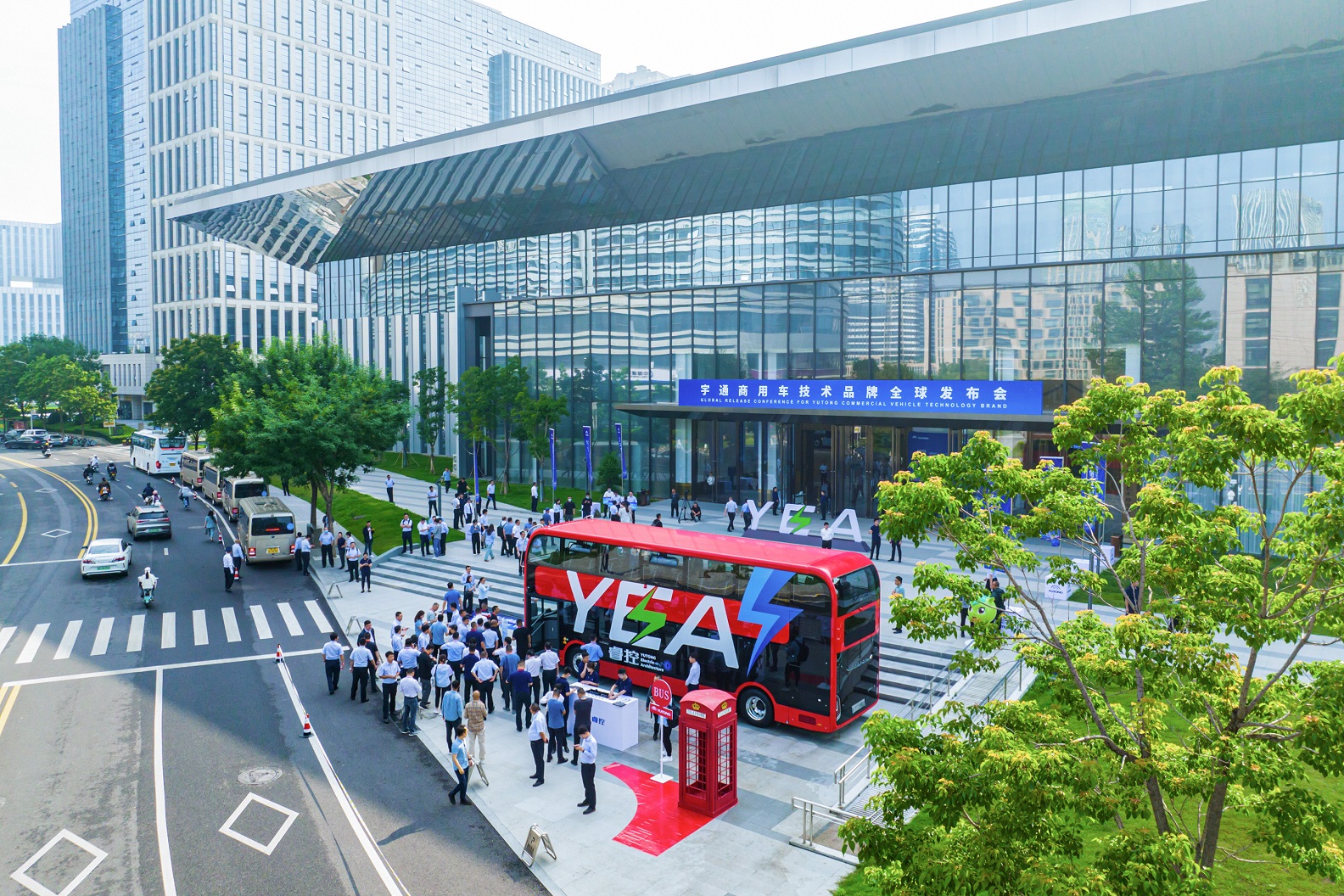As demand for leisure travel surges in the warmer months, leading UK operators share an optimistic outlook for the current season
With the summer season upon us, coach operators across the UK are gearing up for what promises to be several busy months.
Thanks to the end of travel restrictions last year, demand for domestic and foreign tourism is on the rise. Three leaders from across the coach holiday industry offer their insights into the preparations, expectations, and strategies they have in place to ensure a successful summer 2023 season.
Foreign visits on the up
Some of the positivity for 2023 has only recently been realised despite restrictions first being lifted over a year ago. Mauchline operator Milligan’s Coach Travel reports that 2022 saw many short breaks cancelled or running with low numbers, with a recovery only taking place in recent months.
Director Morag Milligan puts that down to lingering effects of the pandemic. Day trips had been strong, contributing to the belief that the desire to travel was there but confidence was absent for extended breaks, and last year even the operator’s popular Edinburgh Tattoo was cancelled due to low bookings.
Consequently, its holiday programme was reduced for 2023 in anticipation of continued low numbers.
But Milligan’s fortunes seem to have reversed. Morag reports the business has taken on many new customers, and now every holiday in the company’s brochure has met, or exceeds, minimum numbers. This year, the Edinburgh Tattoo will take two full coach loads.
Such a turnaround is all the more remarkable given that Morag reveals that this year she was considering whether or not it would even be feasible to continue running holidays at all.
“I thought I’d evaluate the cost to operate the holidays because of the increases associated with insurance,” she says. “With the additional costs that most people don’t see, I asked myself whether the business would make enough profit to justify those additional expenses.”
But with the increase in numbers, Morag has renewed the holiday programme into 2024 as well – and she’s feeling confident that, at last, customers may be moving past their previous reluctance.
“I think people were scared to move last year. But this year they seem to have realised that we need to live with COVID-19. It’s not going away. We need to move on with our lives.”
The operator has eight coaches and is utilising six for tours and day trips, albeit some take on school contract work. Milligan’s runs trips for private guild and rural groups as well as Age Concerns, which seem to have returned strong this year. Incoming tourism has seen more hires for cruise ships and private tours. “Everybody is coming back,” Morag says.
But with the sudden return of work, drivers’ rest days must be considered. With many last-minute bookings coming in – Morag reports customers from a spate of cancelled hires in recent weeks – juggling rest days has been a concern.
“It’s complicated trying to fit in the work, but it’s a good problem to have,” she says, but appears perplexed at the prospect of coach companies and brokers letting down customers. “I don’t know why. The one thing you don’t do is let your customer down, even if it’s a one off. You’ve got to hold onto your reputation.”
Supply and demand
In Henley-in-Arden, John Johnson of Johnsons Coaches agrees that things are looking positive this year, thanks to an uninterrupted ski season, the return of schools to ski tours, hardening air fares driving groups to coach travel, and an increase in demand for domestic and European tours.
John believes growth is driven by a supply and demand imbalance and that is favouring operators that are still investing in drivers and new vehicles.
“We’re running our biggest fleet we have ever had and we’re busier than we’ve ever been,” he says. “We’re getting the triple whammy of high demand, therefore higher prices and better rates, and fuel prices that have now dropped back a bit while we’re still able to get good prices.
“Because it’s summer, all that has matched with the onset of the peak season and customers are accepting than they’ve got to pay more for coach hire.”
Natural economics may well redress the imbalance by 2024, with John anticipating a recovery in supply. That will potentially affect demand and prices, but John still anticipates a strong year.
To meet the demand, fleet investment has been a priority. “We’re placing orders as we speak for several new vehicles, so we’ve got confidence,” explains John. “We’ve taken two 53-seat VDLs just recently, and 10 Irizar coaches in the last 18 months. We’ll also be taking on two Yutong TC9s next year because the midicoach market is very strong, but we’re also trying to centralise on DAF products for ease of maintenance and parts.”
The expansion will meet the high demands of peak season, which John says operators in this market are still conscious of. “In the end, coach travel is still seasonal and that’s a challenge for us all,” he explains.
“That’s why we do ski work – to bring better income into the off-season months, when traditional coach travel isn’t sought after. The rail strikes have had a knock-on effect on getting groups to think about alternative travel, so they have helped our industry – they show we can be there, we can help, we can be flexible. It’s a fantastically flexible tool that we can provide.”
Driver shortages still affect the business, but better rates are helping the company cope with higher driver wages, up 9% in the last year. Better rates also help address increases in insurance and vehicle prices.
In terms of PSVAR compliance, John is favouring PSVAR-ready vehicles to protect second-tier value for when that requirement exists five or more years down the line. “We have enough vehicles with a lift in terms of practical application to meet current market demands,” John adds.
Johnsons is also investing more in training and incentivising staff to go “the extra mile”. With a shorter winter period drivers will be taken off the road for customer-focused service training.
“It’s a good investment,” John says. “We’re judged by the quality of our last coach hire. We should be doing more and I’ve asked the management team to get something in place for the winter. If you please a customer, you win them back and they tell their friends. The philosophy isn’t new, but it’s true to this day: Look after your customers, and they look after you.”
2024 the year for foreign travel?

Dave Parry, owner of Cheslyn Hay-based Parrys International, reports being one of the few British operators still seen regularly in Europe after British tours into Europe nosedived in recent years. Reasons for the reluctance, according to Dave, include additional paperwork involved for foreign travel, limited use of Eurotunnel and the unknown of entering Europe after both the pandemic and Brexit combined into a storm of new rules and restrictions.
But Europe remains an attractive destination for group travellers and Parrys resumed travel there as soon as the business was able to do so in May 2022. Dave reports that tour numbers are good and the business is back to competing on a level footing against the “normal significant competition”.
Notwithstanding good numbers on this year’s tours, planning was still hesitant due to pandemic restrictions remaining until September 2022. Dave therefore things it will be another year before full confidence returns.
“I think 2024 will be where we should like to be,” he says. “We couldn’t plan in total confidence for this year, whereas we feel we can now plan in total confidence for next year – we have got back into the normal routine of planning that far ahead for the next two years.”
With that in mind, Dave says the company now wants to “smarten itself up even more”. The fleet is older than normal after vehicles sat idle during the lockdown periods; some coaches are still running on 2017 plates.
The time to start replacing those vehicles is now, and Dave is awaiting a visit to Van Hool’s factory in Koningshooikt to finalise orders for the latest Van Hool T series coaches, due for delivery next year. Those have been promised by February or March 2024, and Parrys anticipates being the first to operate a right-hand drive T series on British roads.
“We need to finalise things with the new model, but we are planning for the future, and we want to reinvent ourselves to get ahead more so,” Dave says.
Another way the company is reinventing itself is by looking for new clients to restart the format of repeat business. “A lot of us lost a lot of regular customers during the three years of the pandemic,” Dave says, highlighting that generations do not transition to coach holidays in the same way they used to.
Now, companies have to be creative to draw in new, more independent generations of travellers. “We’ve got to create a holiday base that makes it more attractive to the more adventurous of the older people, and to make them look at our product more favourably,” he explains. “I think we’ve all got to do that to survive in the touring business. We also need to push destinations hard.”
Value for money also has to be key. John Johnson, also in the high-end touring market, warns that this becomes more relevant as price increases account for higher wages and costs.
“We have a very high bar as far as standards are concerned and if something is not right in the product, we take proactive steps immediately to put things right,” he says. “Operators should value their brand and culture very highly and do anything to protect that. That’s what brings customers back – work hard on delivery.”



























